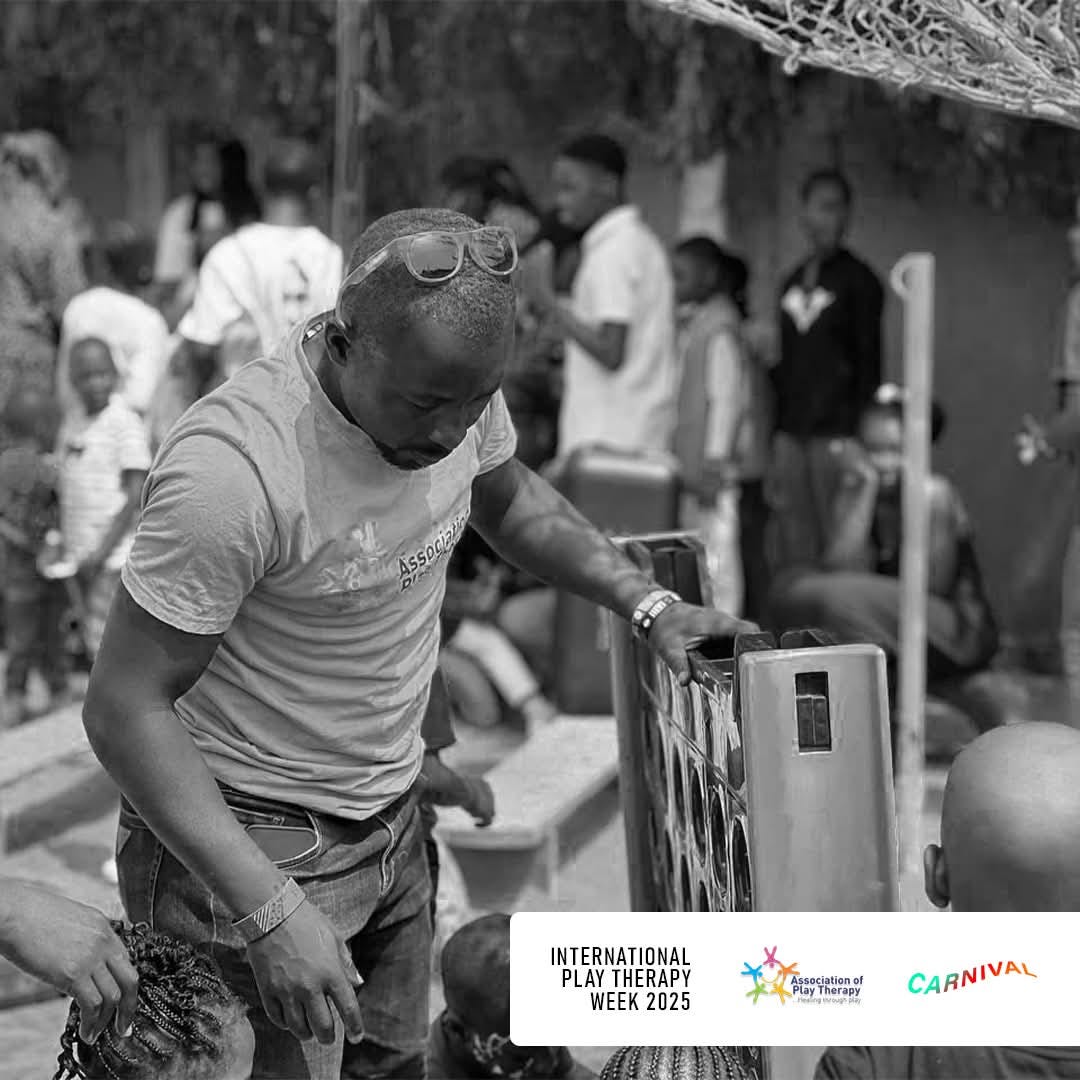In every culture, there are stories we tell ourselves about what it means to be a man. Strength. Stoicism. Provision. Sacrifice. These ideals are admirable, but when they become absolutes, they can also become prisons. The truth is stark: while we applaud men for enduring silently, the cost of that silence is staggeringly high.
Let’s look at the data. Globally, men die by suicide at significantly higher rates than women, often three to four times higher. They’re more likely to abuse alcohol and drugs as a form of self-medication. They’re less likely to seek therapy or confide in others when they’re struggling. And they’re more likely to die from preventable causes related to stress, aggression, and isolation.
These aren’t just statistics; they’re fathers, sons, brothers, husbands, and friends. And behind each figure is a question we must confront: Why do so many men suffer in silence?
How We Got Here
How did we get here? Part of the answer lies in how we socialise boys and men. From early childhood, many boys are praised for being tough and ridiculed for showing vulnerability. Emotional literacy is subtly discouraged. Tears are mocked. Anger is permitted, sometimes even rewarded, but fear, grief, and despair are treated as moral failings rather than human experiences.
So boys become men who do not know how to name what they feel, let alone share it. When pain comes, as it does for all of us, sooner or later, the avenues for relief are few. Instead of seeking help, men often turn inward or outward in self-destructive ways.
Supporting men’s mental health is not a fringe issue; it’s a societal imperative. When men break down, families suffer. Communities fragment. Workplaces lose valuable contributions. And children grow up learning the same harmful lessons about what it means to be “strong.”
If we wish to build a culture where mental well-being is taken seriously, we cannot continue to neglect half the population. We need to model for boys that real strength includes vulnerability. We need to normalise for men the simple but revolutionary act of asking for help. And we need to provide spaces where men feel they can speak without fear of ridicule or emasculation.
Practical Steps Forward
This is not just theory, it demands practical action, implemented deliberately and consistently. First, we must talk about it. Open conversations about men’s mental health in your family, your workplace, and your community gatherings. Silence sustains stigma; honest dialogue chips away at it, replacing judgment with understanding.
Second, we need to create safe spaces where men can speak freely without fear of ridicule or emasculation. Men's groups, informal circles at the local barbershop, or faith-based forums that encourage openness could serve as examples of this. Such spaces remind men they are not alone and that their struggles are not signs of weakness but simply part of being human.
Third, we must model it. If you’re a man, take the risk of sharing your struggles honestly with trusted people in your life. Vulnerability is contagious; when one man speaks up, it gives permission for others to do the same. If you’re not a man, your role is to listen well, to receive men’s disclosures with respect and compassion rather than dismissal or mockery.
Finally, we must advocate. Support policies and programs that make mental health services accessible, affordable, and free of stigma. Encourage institutions from schools to churches to workplaces to invest in mental health education and support structures. The culture will not change on its own; it changes because individuals insist on it.
Supporting men’s mental health is not about diminishing women’s struggles, far from it. It’s about recognising that when men are healthier, everyone benefits. Healthy men are better partners, fathers, leaders, and citizens. Supporting them to be fully human, strong and tender, resilient and honest, contributes to a culture that elevates all of us.
Today, the 28th day of June, we will be hosting a special event in honour of Men’s Mental Health, tagged “Gentle Man’s Corner”, at Alliance Française, Jos, Nigeria at 2 PM. Join us if you are in the city.
To support this event or write a special note to a man, please email balmtherapeutics@gmail.com.
Let’s speak plainly about the burdens men carry, and let’s build a world where no one has to bear them alone.





In honor of the June Men’s Mental Health Awareness Month - This applies to guys too:
“What if we could help more and more people become happier today?
How many mental health problems could be prevented, and lives saved, for the next 30 years or more?”
https://drjaneforhappiness.substack.com/p/how-important-is-happiness-for-mental?r=31zx1q